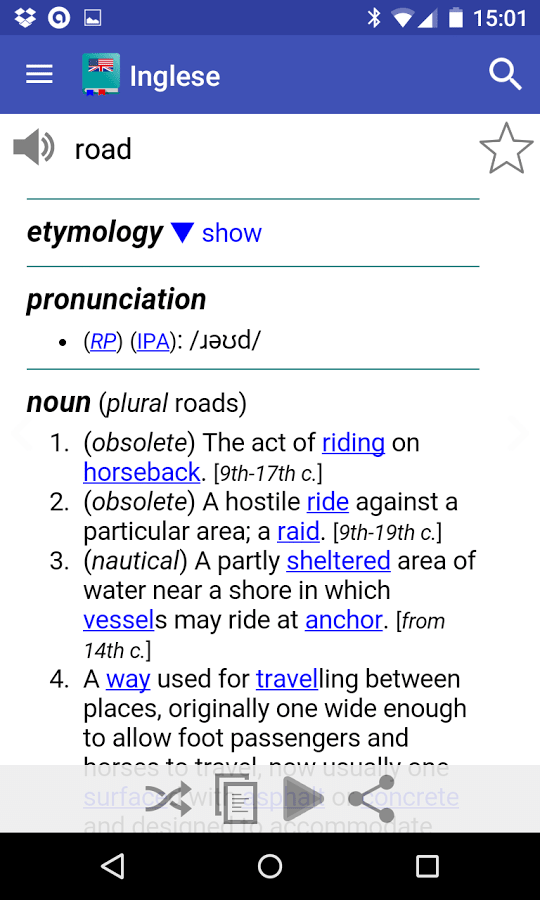
If using dictionaries of natural languages, we only recommend frequency sorting if you are not using mutations.

We recommend using frequency sorting for dictionaries composed of leaked passwords (e.g.
Popular dictionaries password#
If you are composing your own dictionary, you may want to optimize it for your password recovery tasks. Dictionaries of leaked passwords, on the other hand, are always sorted by popularity. We chose this sorting because of the particular implementation of mutations in Elcomsoft Distributed Password Recovery this may not be optimal for password recovery tools made by other vendors. The dictionaries of natural languages and many specialized dictionaries we provide are sorted by the length of the entries the shortest words are placed at the top of the list, while the longest entries are at the bottom of the dictionary.
Popular dictionaries software#
Dictionaries provided with Elcomsoft Distributed Password Recovery are optimized for our software to deliver the fastest attacks. Our tools use a different sorting scheme. English Word Frequency | Kaggle), while less frequently used words could be placed lower down the list. For example, one may place the most commonly used words at the top of the list (e.g. One way to optimize a dictionary is using a specific order of word entries. Is there a difference between a common wordlist and an optimized dictionary? Dictionary optimizationsĪ dictionary can be optimized to increase the probability of finding a password at the beginning of the attack. Several wordlists are included with Elcomsoft Distributed Password Recovery, and of course you can use your own you can find many collections in the public domain or order specific dictionaries from the manufacturer. Even simple passwords are not always “words” from the dictionary but may be also common combinations (like “qwerty”) and abbreviations (like “ROFL&SMC”). There is a difference between a ‘dictionary’ and a ‘wordlist’. Whatever the attack speed is, it will not take too much time to check all the English words. BBC counted 171,146 words in the English dictionary, while a typical native speaker (of any language) knows 15,000 to 20,000 word families (lemmas, or root words and inflections). It is human nature to select passwords that are easily memoizable, like their pet names, dates of birth, football teams or whatever.


The current, most familiar sense of popular, “regarded with favor, approval, or affection by many people,” dates from the very early 17th century.Dictionary attacks are among the most effective ones because they rely on the human nature.

For good measure, Rōma, the name of the city, is named after an Etruscan family, as are three of Rome’s seven hills. The most likely of several possible etymologies derives populus from Etruscan puplu (Etruscan, an extinct ancient language, is the “go to” language for Latin etymological problems) puplu appears in the name of the Etruscan town Pupluna ( Populōnia in Latin). It is surprising that there is no certain etymology for populus.
Popular dictionaries full#
Populāris is a derivative of the noun populus “a human community, nation, the members of a society,” and in Rome “the entire people exercising its full legislative and judicial authority” (another weighty word). Popular comes from the Latin adjective populāris “pertaining to all or most of the people, belonging to or used by the common people (as opposed to the military, the aristocracy, or the senators)” it is a very loaded word in Roman political history.


 0 kommentar(er)
0 kommentar(er)
